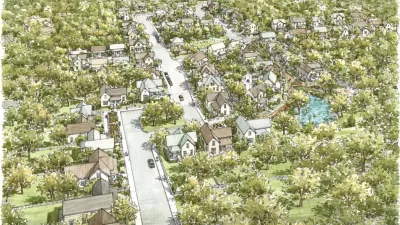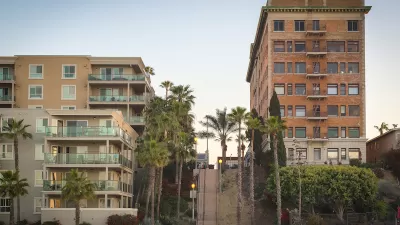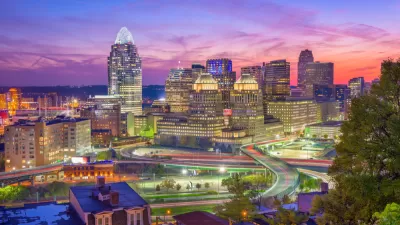Willow Bend is a new, nonprofit development planned for an ecologically rich, 7.6-acre infill site in the Walker Park neighborhood of Fayetteville, Arkansas. The project is envisioned as a replicable model of sustainable and attainable housing.

Once completed, Willow Bend will serve as a pilot project for future attainable housing in the region. The design was completed in 2011 and focuses on a sense of place and the human experience, creating a neighborhood of approximately 78 residential units of mixed types (up from an original 63 single-family homes) that can be loved by its inhabitants for generations to come. This will be accomplished by integrating landscapes, a mix of residences, and neighbors into an urban environment that “reflects a deeper civic meaning and a distinct community character,” according to the project’s design consultant, Community by Design.
The plan for Willow Bend was initially driven by a series of design charrettes conducted by Dover Kohl & Partners in 2006 as part of Fayetteville’s long-range master planning process. In those charrettes, neighbors identified characteristics and goals that form the guidelines for how Willow Bend is designed. Throughout the project, stakeholders, led by the nonprofit Fayetteville Partners for Better Housing, have likewise stressed an equitable focus on economics, culture, and environment in order to meet their goal of crafting a neighborhood that provides citizens making less than 50 to 80 percent of the median income the opportunity to live in town and become homeowners.
Fayetteville Partners for Better Housing—Willow Bend’s developer—collaborated with the City of Fayetteville and the National Center for Appropriate Technologies to obtain funding. Together, they were selected as the recipient of a $500,000 Sustainable Cities Institute Pilot City Program grant, backed by the Home Depot Foundation. Though 37 cities applied for the grant, only two were awarded: Fayetteville and Charleston, South Carolina.
FULL STORY: Unsprawl Case Study: Willow Bend

Alabama: Trump Terminates Settlements for Black Communities Harmed By Raw Sewage
Trump deemed the landmark civil rights agreement “illegal DEI and environmental justice policy.”

Planetizen Federal Action Tracker
A weekly monitor of how Trump’s orders and actions are impacting planners and planning in America.

The 120 Year Old Tiny Home Villages That Sheltered San Francisco’s Earthquake Refugees
More than a century ago, San Francisco mobilized to house thousands of residents displaced by the 1906 earthquake. Could their strategy offer a model for the present?

Ken Jennings Launches Transit Web Series
The Jeopardy champ wants you to ride public transit.

BLM To Rescind Public Lands Rule
The change will downgrade conservation, once again putting federal land at risk for mining and other extractive uses.

Indy Neighborhood Group Builds Temporary Multi-Use Path
Community members, aided in part by funding from the city, repurposed a vehicle lane to create a protected bike and pedestrian path for the summer season.
Urban Design for Planners 1: Software Tools
This six-course series explores essential urban design concepts using open source software and equips planners with the tools they need to participate fully in the urban design process.
Planning for Universal Design
Learn the tools for implementing Universal Design in planning regulations.
Clanton & Associates, Inc.
Jessamine County Fiscal Court
Institute for Housing and Urban Development Studies (IHS)
City of Grandview
Harvard GSD Executive Education
Toledo-Lucas County Plan Commissions
Salt Lake City
NYU Wagner Graduate School of Public Service





























